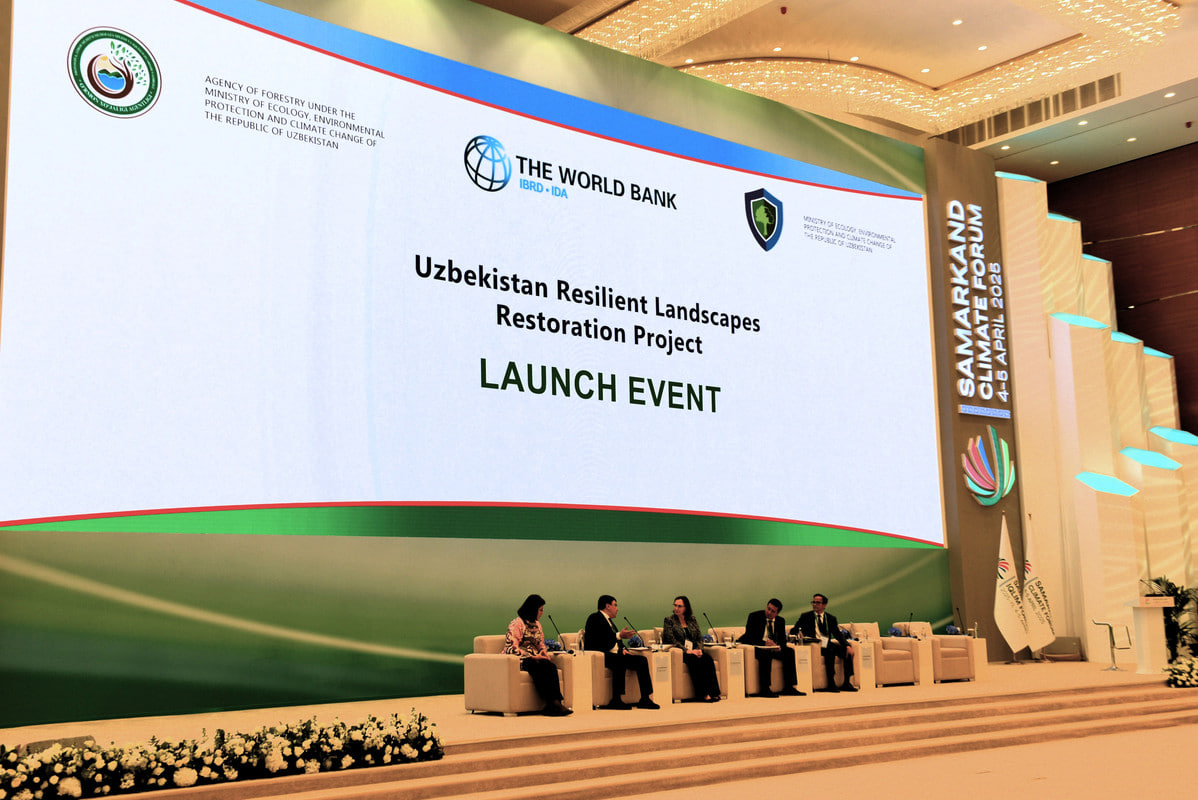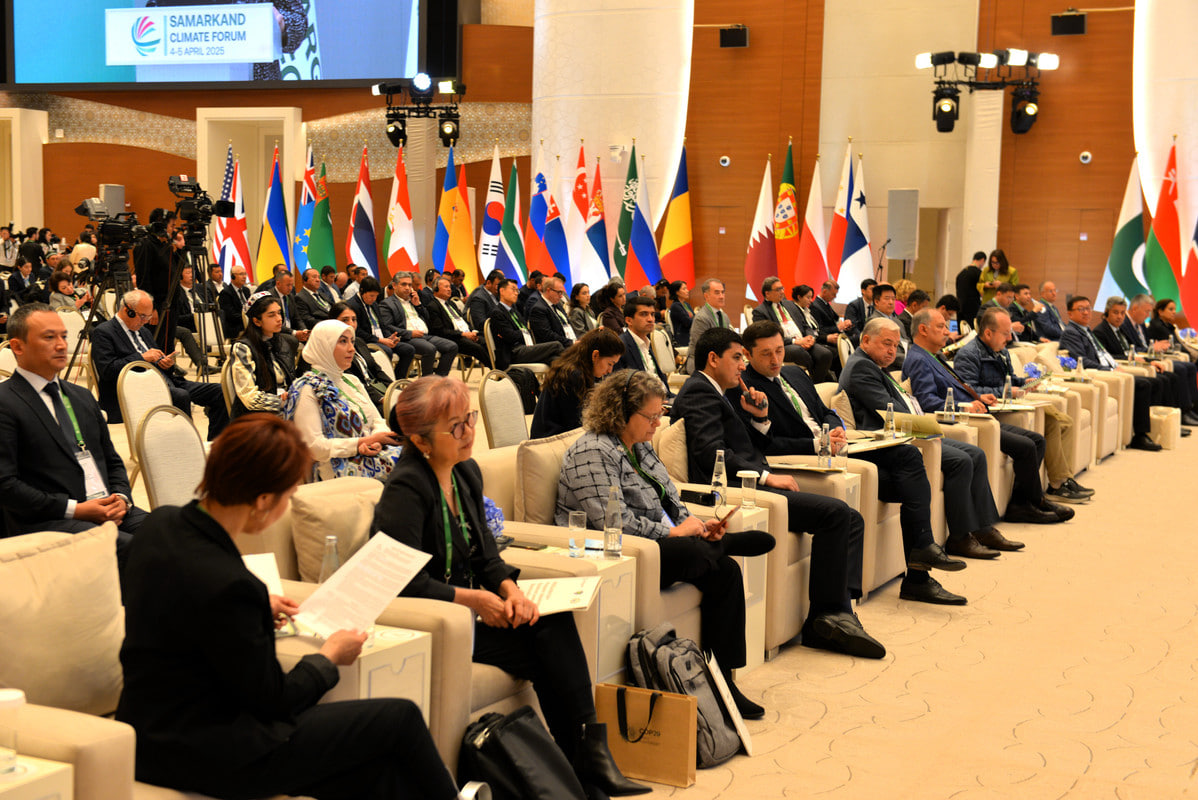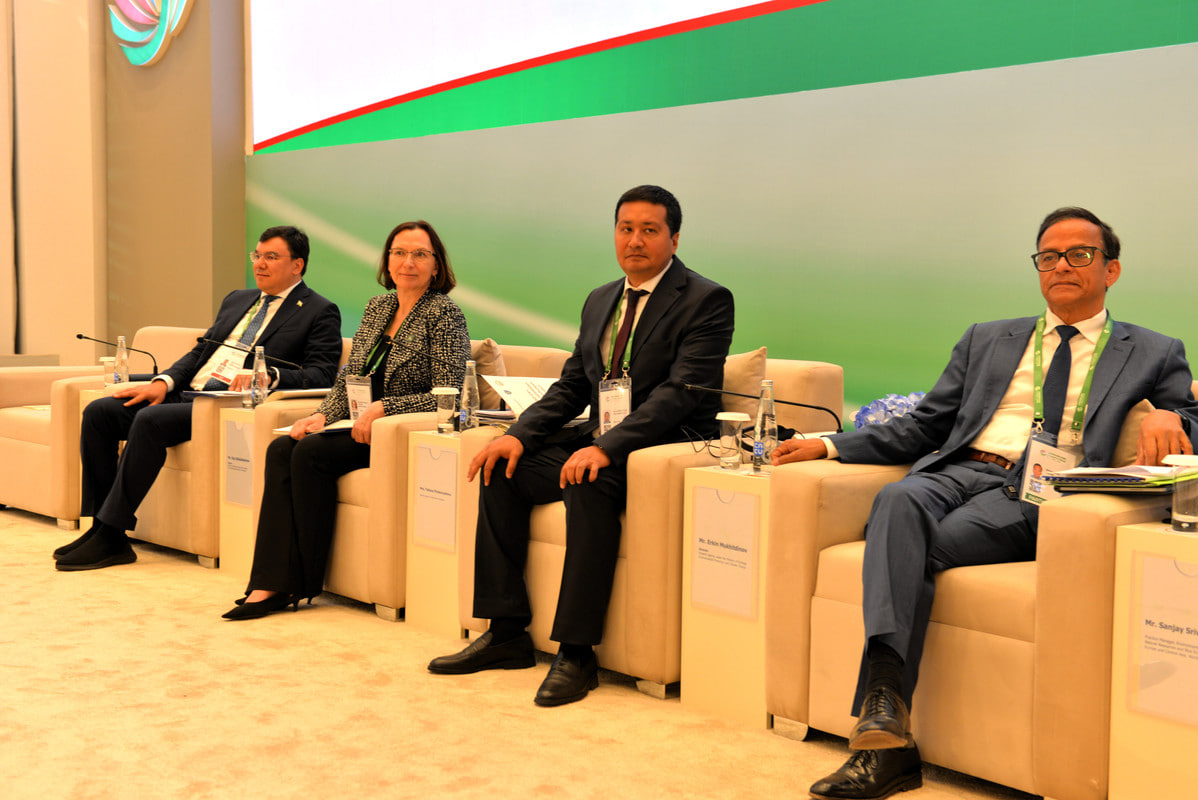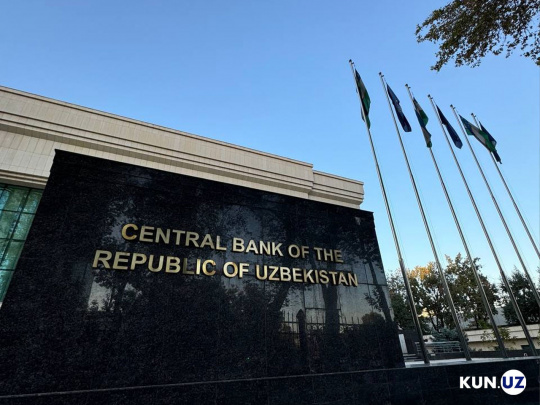World Bank allocates $153M to restore Uzbekistan’s forests and degraded lands
On the sidelines of the Samarkand Climate Forum, the Ministry of Ecology, Environmental Protection, and Climate Change (MEEPCC) and World Bank officials launched the Uzbekistan Resilient Landscapes Restoration Project (RESILAND).

The World Bank will provide $153 million in financing — comprising a concessional loan and grants — to support project activities that are part of a broader regional program to rehabilitate degraded forests and lands across five Central Asian countries, the bank said in a statement.
The project aims to expand sustainable landscape management, restore degraded forested lands across Uzbekistan, and strengthen regional cooperation on transboundary landscape restoration. The relevant project activities will be implemented in six provinces across the country, including Samarkand, Surkhandarya, Syrdarya, Jizzakh, Namangan, and Kashkadarya provinces.
“The project we launch today jointly with the World Bank will help the government achieve the goals under the Concept for Developing Uzbekistan’s Forest System until 2030. These include expanding the area of forests across the country to 6.1 million hectares by the end of this decade,” noted Aziz Abdukhakimov, Minister of Ecology, Environmental Protection, and Climate Change of Uzbekistan. “Through tree-based landscape restoration interventions in areas with degraded lands, the project will contribute to increased resilience of landscapes, food systems, people, and infrastructure; creation of natural resource management-based jobs and small and medium enterprises; and investments in nature-based tourism and protected areas.”

Uzbekistan has limited forest resources. According to available data, the forest-covered land managed by the Forestry Agency amounts to 4.4 million hectares, representing 10.6% of the country’s total land area. Over the past 10 years, significant attention has been given to expanding forested areas across the country. One notable example is the large-scale afforestation of the dried seabed of the Aral Sea.
In accordance with Presidential Decree No. PQ-140 dated March 27, 2024, “On Measures to Implement the Sustainable Forest Landscape Restoration in Uzbekistan Project with the Participation of the International Development Association (World Bank),” efforts are underway to support the natural regeneration of forests on 176,000 hectares of land; restore pastures on 38,500 hectares; implement water-saving measures and combat soil erosion in mountain forests on 15,000 hectares; carry out agroforestry activities on 14,200 hectares; establish industrial forests on 5,000 hectares; and create medicinal plant plantations on 5,000 hectares.
“The World Bank values the opportunity to support the government of Uzbekistan in its efforts to restore degraded lands,” noted Tatiana Proskuryakova, World Bank Regional Director for Central Asia. “Through this new project, the country will join the Resilient Landscapes in Central Asia Program (RESILAND CA+), funded by the World Bank. The Program is designed to increase resilience to climate change in urban and rural areas of Kazakhstan, the Kyrgyz Republic, Tajikistan, Turkmenistan, and Uzbekistan. The regional cooperation component of the RESILAND Project will enable Uzbekistan to restore degraded forests and lands in transboundary landscapes.”

The Forest Agency under the MEEPCC will be responsible for implementing the project, including the following activities:
- Implement tree-based interventions (agroforestry, plantations, fruit trees, silvopastoral systems) in landscapes to restore degraded lands in the six provinces with productive activities and provide short-term employment to local communities by implementing a Green-Wager Program.
- Deliver financial and business-related training services to local farmers to develop natural resource management-based small and medium enterprises.
- Promote sustainable management of protected areas and forest reserves and sustainable nature-based tourism in the six provinces. Specifically, project funds will be invested in the construction of basic infrastructure, visitor centers, tourist and administrative facilities, areas for camping, picnics, and other recreational activities, trail systems, etc., in the protected areas and forest reserves.
- Support the development of Uzbekistan’s first National Forest Inventory, as well as the development of an ICT platform for the Forest Agency to transform it into a modern and efficient organization.
During the project launch, a Project Implementation Unit under the Forestry Agency and the Central Asian University of Environmental Studies and Climate Change (Green University), based near Tashkent, signed a memorandum of understanding. This agreement will allow the allocation of grant funds under the project to sponsor the Green University’s scientific research in the field of forestry, including its environmental, economic, and social aspects.
Related News

15:14 / 02.04.2025
ADB approves $30 million loan to boost Uzbekistan’s mortgage market

19:24 / 11.03.2025
Central Bank purchases $100 million in US bonds in February

20:51 / 07.03.2025
Without remittances, Uzbekistan’s poverty rate could nearly double – World Bank

20:40 / 06.03.2025



